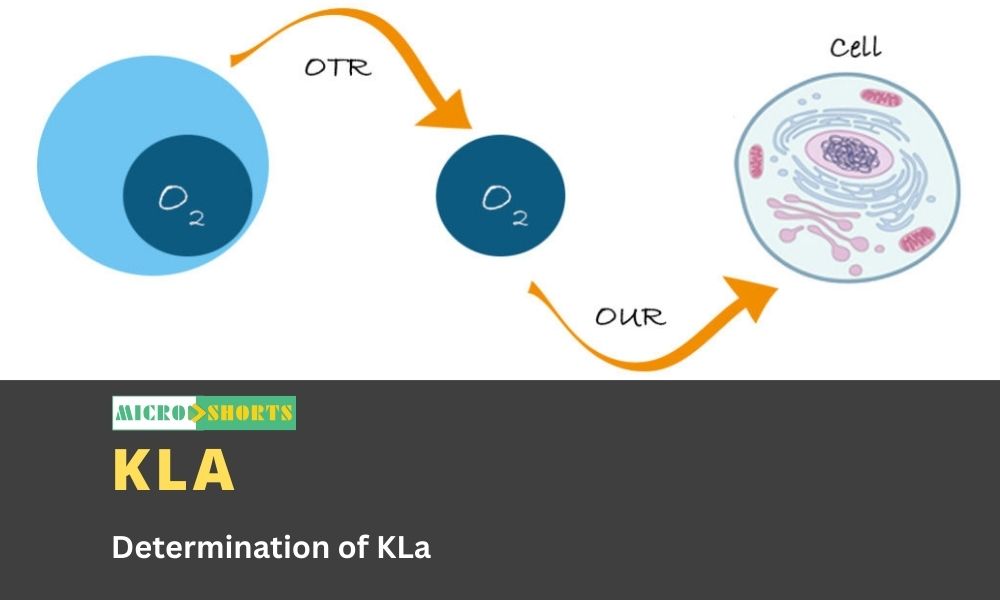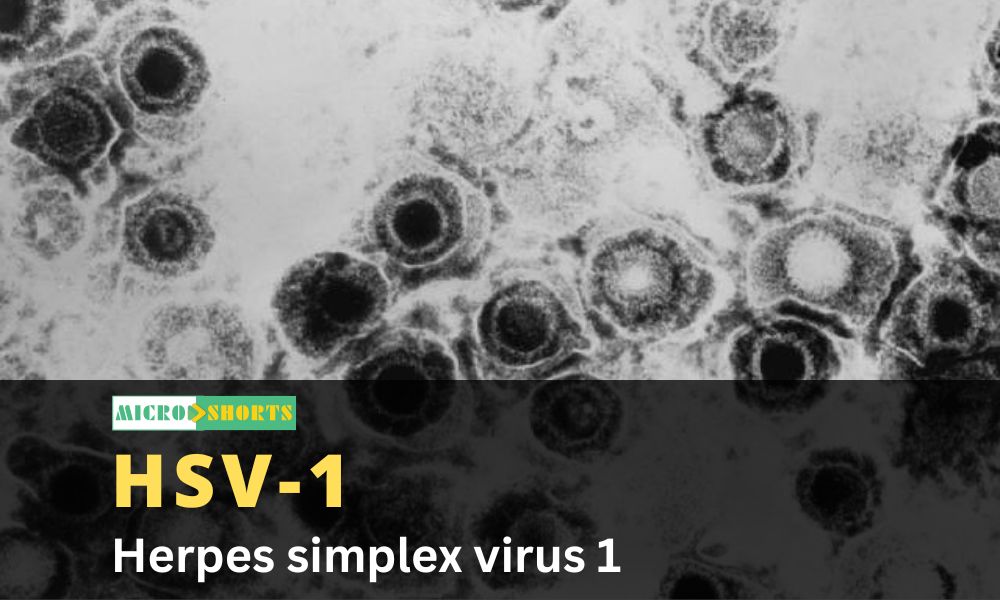Introduction
The volumetric liquid mass transfer coefficient (KLa) is a useful parameter to characterize the bioreactor's capacity for aeration. This helps the reactor design, optimization of technologies and scaling up or scaling down processes. The sodium sulfite combines with oxygen to give sodium sulfate, with CuSO4 as a catalyst in the reactor. The concentration of sodium sulfite at various time points is inversely proportional to the oxygen transfer rate.
Na2SO3 + ½ O2 → Na2SO4
Concentrations of unreacted sulfite are determined by reacting to the sulfite with excess iodine and then back titration of the iodine with thiosulphate.
- The Oxygen transfer
rate OTR = KLa (C*-CL)
- Where, C* =
8.43X10-3 g/l at 25oC \
- CL = Dissolved
Oxygen content.
In this case, CL =
0, since the DO is maintained such that, it is not saturated. So, Equation can
be rearranged as KLa = OTR/ C*
Requirements
- 0.5M Sodium sulphite
- 0.002M copper
sulphate
- 0.1 N Iodine
solution
- 0.1% Starch solution
- 0.5N Sodium thiosulphate
- 250 ml flask
Procedure
- Take 50 ml of 0.5M
Sodium sulphite & 50ml 0.2M copper sulphate solutions in a 250ml conical
flask.
- Withdraw 1 ml sample
from flask and replace the flask back on shaker. To the withdrawn sample add 10
mL of Iodine solution and incubate in dark for 5 min.
- Titrate the above
mixture against 0.5N Sodium thiosulphate using few drops of starch
indicator. (It becomes bluish violet and
then turn into colourless). This is known as 0 min. reading.
- Repeat the analysis
for 10, 20, 30, 40……. minutes till constant titrant value reached.
- A comparative
analysis should be carried out by keeping flask on a static condition.
- Plot the graph
between titrant volume vs. time.
- Calculate the OTR by
using the slope of the graph.
- Calculate the KLa by using the given formula.
Reference
- Henzler, H. J., Schedel,
M. 1991. Suitability of the shaking flask for oxygen supply to microbiological cultures.
Bioprocess Eng.7:123–13.
- Nikakhtari,H.,2008. Modelling
Oxygen Transferand Aerobic Growth in Shake Flasksand Well Mixed Bioreactors. TheCanadian
J. Chem. Eng. 83(3): 493-99.








